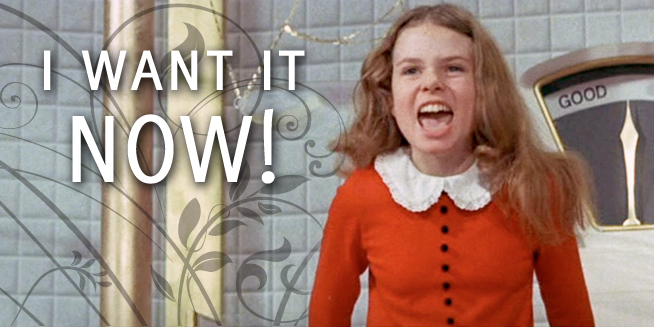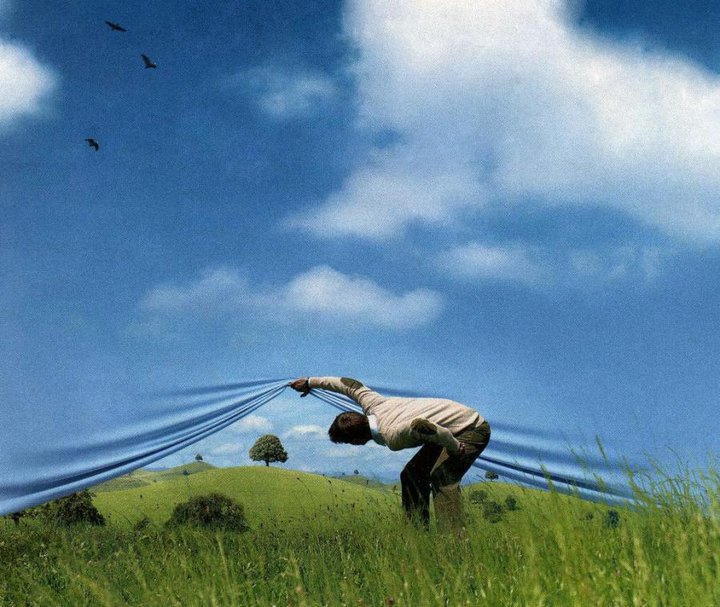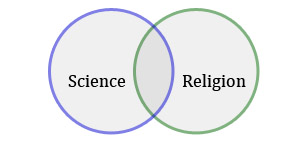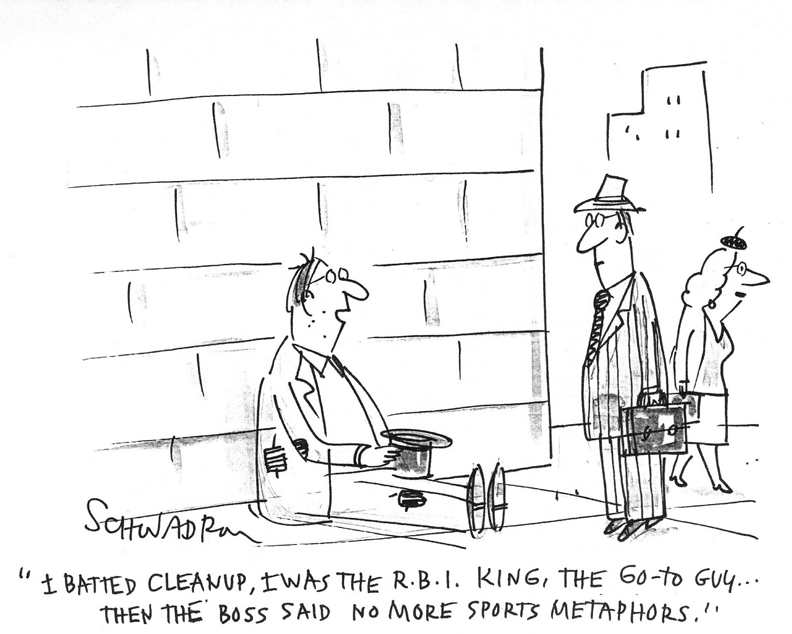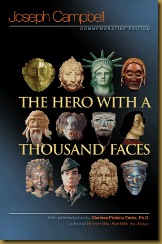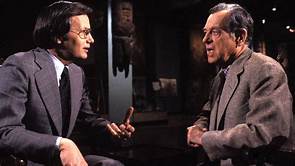I have often heard, “If you want to make god laugh, make plans.” I know people who say, “Expect miracles.” Look, things happen all the time that are hard to explain or find a cause for. But you don’t plan your monthly budget based on winning the lottery.
0


